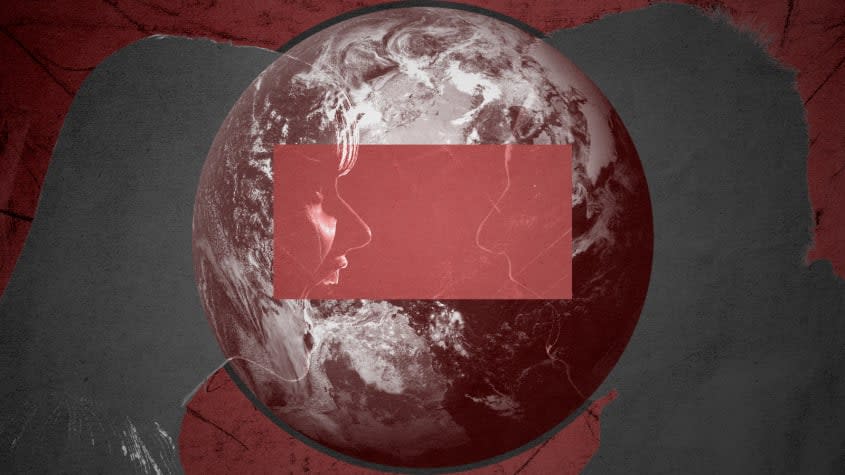The culture war goes global

- Oops!Something went wrong.Please try again later.
In The New York Times, Farhad Manjoo worries that human beings may be losing the capacity to get along and solve global problems. For evidence, he cites our struggles to devise effective responses to environmental (climate change) and epidemiological (COVID-19) threats. Both problems require collective action, and our efforts are falling short on both fronts. Instead of working together toward common goals, we're bickering endlessly, with significant numbers around the world falling prey to online conspiracies and disinformation that make international coordination and cooperation more challenging.
Might we be in the early stages of an era marked by growing disorganization and collective confusion?
Perhaps. But I think it's more likely that something else is going on.
Manjoo's disillusioned hopes for international cooperation derive from the progressive left's longstanding vision of a world moving toward the construction of a single, homogeneous government in which experts from all nations agree on the big questions and act in concert in devising and implementing answers. Judged by that standard, we do indeed seem to be careening toward chaos.
But what if digital technology (and especially social media) is producing a different form of world government — one riven at the international level by the same conflicts that divide states internally? I'm talking, of course, about the culture war.
As I've noted on other occasions, thanks to politically engaged citizens sharing viral words and images online, the rainbow flag is now recognized, and flown by progressives, the world over as a moral statement and expression of solidarity on issues of sexuality and gender. QAnon groups have likewise sprung up in countries around the globe, joining a motley international crew of anti-vaxxers, anti-immigration activists, and Donald Trump admirers in rowdy right-wing-populist protests against whatever policies a country's technocrats are attempting to impose from above.
This doesn't mean we've entered an age of nationalism. On the contrary, it means our moves towards an international polity have reproduced national divisions on a global scale — with an international populist right doing battle with an international progressive left almost everywhere in the democratic world.
Manjoo is right that this conflict is getting in the way of international cooperation. But that's how it always is in politics, which in the ultimate sense involves a collective effort to settle the never-fully-resolvable question of who we are and how we should live. In this respect, our struggles to respond to global problems aren't arising because we've lost the ability to get along. They're arising because we're getting along the way we always have — which is to say, politically.
You may also like
Why Tom Brady's 'gentle' roast of Trump at Biden's White House was actually 'deeply vicious'
How sociology shows 'policy makers have been looking at vaccine refusal all wrong'
Israeli data suggest infected, vaccinated individuals have low chance of spreading COVID-19

